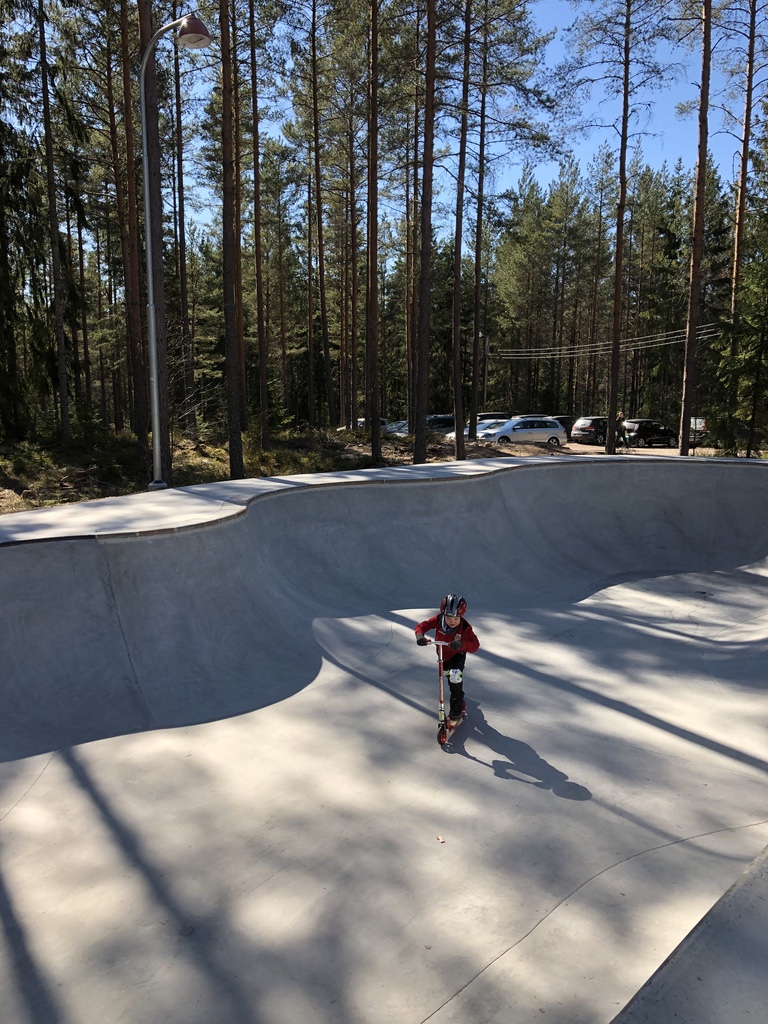At Karlstad University we want to create knowledge contributing to sustainable development and empower local communities into feeling for the future, a strong identity and pride. Therefore, we are looking for answers to questions such as: Which smart solutions can take on the challenges of today and tomorrow? What could be gained from using new technology in filling human needs? In what way can we combine global systems with local entrepreneurship and commitment, to make small towns and villages alternative living spaces to big cities? How can we create attractive and creative environments in rural areas, for entrepreneurs, residents and visitors?
There is a need for digital innovation initiatives in rural areas, where rural development has been marginalised in favor of urban development. By combining tourism research on digital innovation in rural areas with service design, and value-creating processes, this project will contribute with processes for rural digital innovation and identify digital solutions encompassed for Swedish businesses in rural settings.
When developing technological solutions, we therefore argue for the importance of anchoring solutions in peoples’ practices and needs. We want to develop this further by shifting focus to rural businesses and their specific conditions. We will increase the knowledge about local conditions – both challenges and opportunities for rural villages – and find solutions using a place-based approach, specifically addressing local conditions. The research project will develop an innovation process, resulting in ideas, concepts and prototypes for digital solutions encompassed to a rural setting, using the concept of ‘Smart Villages’ as a focal point. We are therefore using the place-based approach for digital innovation in a broader context in rural villages with the result of developing and innovating services or digital solutions adapted to suit rural communities. We argue that developing such a process is vital for a sustainable and long-term durable outcome, as it ensures that the ideas, concepts, and prototypes produced are based on the local communities’ situation.
It is in line with the EU´s concept of Smart Villages (2019) which refers to communities in rural areas revitalising rural services and improving resilience using innovative solutions. These initiatives are to rely on a participatory approach building on local strengths and assets to improve economic, social, and environmental conditions. A Smart Village strategy aims to channel the resources of its community to deal with key problems faced within their local context. There are several examples from other European countries of innovative solutions for Smart Villages in sectors such as education, food production and farming, health, energy, and local services. Various platforms, apps and other digital solutions improve services for various services such as e-commerce, mobile health services, energy monitoring, flood warning systems and so on, based on the need of each community.
With ‘smart solutions’ in this proposed project, we mean new working methods, new collaborations and new digital place-based solutions that contribute to vibrant, resilient rural communities, using resources in an efficient and responsible way. By combining the concept of Smart Village with our place-based approach on digital innovations we also want to add that technology can only support sustainable development if the technology itself is sustainably developed. We are therefore adding a geomedia perspective to Smart Villages to further develop and strengthen the growing research field. To reach sustainable technological innovation we therefore need to problematise how a place is shaped by technology and the other way around, how technology is shaped by place. This means that the relationship between technology and place needs to be considered. To be smart in a rural context therefore needs an understanding of the place-based conditions and letting the place lead the development instead of the technology. In this project we will therefore work in a place-based innovation process involving the special challenges, conditions, and actors of place to improve conditions for both businesses, residents, and visitors. The businesses and the villages will lead the development and innovation instead of ‘being led’ by the technology.

